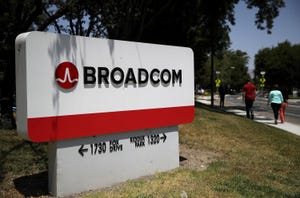the logo of Apple is displayed on a mobile phone screen with artificial intelligence written in the background.jpg?width=700&auto=webp&quality=80&disable=upscale)
AI & Machine Learning.jpg?width=700&auto=webp&quality=80&disable=upscale)
Apple Offers Free AI Training for Developer Academy StudentsApple Offers Free AI Training for Developer Academy Students
Apple is providing free AI fundamentals training and lessons on its CoreML toolkit to students.
Sign up for the ITPro Today newsletter
Stay on top of the IT universe with commentary, news analysis, how-to's, and tips delivered to your inbox daily.

.jpg?width=700&auto=webp&quality=80&disable=upscale)
.jpg?width=700&auto=webp&quality=80&disable=upscale)
.jpg?width=700&auto=webp&quality=80&disable=upscale)
.jpg?width=700&auto=webp&quality=80&disable=upscale)



































.jpg?width=700&auto=webp&quality=80&disable=upscale)


_(1).png?width=700&auto=webp&quality=80&disable=upscale)

.png?width=700&auto=webp&quality=80&disable=upscale)